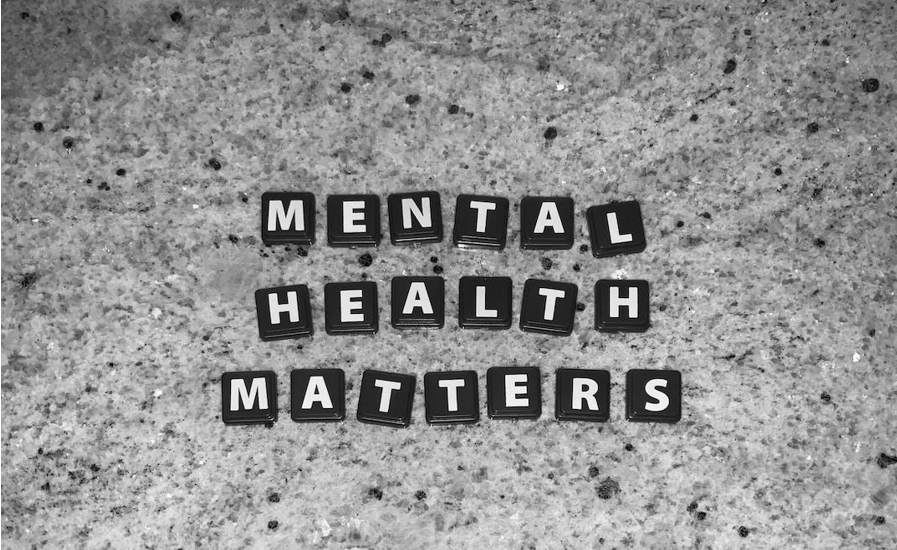
How To Cope With Depression
Depression is a widespread mental health condition affecting millions worldwide. You need to understand and adapt healthy coping strategies in the battle against this silent enemy. This article aims to deliver valuable insights about understanding depression, the role of professional help, cultivating healthy physical habits, the importance of nutrition, and the criticality of social support. Keep reading to enhance your ability to handle your mental well-being.
The Role Of Professional Help In Battling Depression
Responding to depression requires more than willpower. It often necessitates the aid of professional treatment. Therapists and psychiatrists, with their expertise in mental health, guide individuals through their healing journey. Depression treatment typically involves a combination of medication and therapy. Medications such as antidepressants can balance neurotransmitter activity and cope with symptoms.
Psychotherapy or ‘talk therapy’ is another meaningful component of depression treatment. Cognitive-behavioral therapy (CBT) and Interpersonal Therapy (IPT) are a few examples. These therapeutic approaches can modify thought patterns and foster healthier behaviors. One noteworthy service offering professional guidance is this one, which provides depression treatment in Charlotte and through teletherapy. This program utilizes holistic therapeutic approaches, addressing the root cause of depression and equipping individuals with tools to manage depression.
Seeking therapy for depression is crucial because it provides individuals with a supportive and empathetic environment to explore their feelings and develop coping mechanisms. Therapists can provide guidance and support throughout the journey, helping individuals regain a sense of control and empowering them to make positive changes.
Healthy Habits To Cultivate: Physical Exercise And Its Significance
Regular physical activity has been clinically proven to have an impact on mental health management. Exercise produces endorphins – the body’s natural mood lifters – reducing depressive symptoms. Setting a routine exercise regimen, whether it’s brisk walking, yoga, or weightlifting, can be immensely beneficial. Nonetheless, it’s important to select a physical activity you enjoy to ensure consistency.
Exercise also promotes better sleep, boosts self-confidence, and reduces stress, further aiding in depression management. While beginning to exercise can be challenging, the positive outcomes significantly outweigh the initial struggle. It’s imperative to start slow and gradually increase the intensity over time.
Importance Of Nutrition In Managing Depression
Depression and nutrition share a complex relationship. A balanced diet can improve mood, boost energy levels, and mitigate depression symptoms. Certain foods, specifically those rich in Omega-3 fatty acids, B vitamins, and antioxidants, contribute to better mental health. This includes fish, nuts, fruits, and vegetables.
Alternatively, consuming a diet rich in processed foods, refined carbohydrates, and sugary drinks can exacerbate depression symptoms. Such dietary habits may induce mood swings and energy crashes. It’s beneficial to consult a dietary professional to determine an appropriate eating plan that promotes both physical and mental health.
Social Support And Mental Wellness: Keys To Overcoming Depression
Social support serves as a lifeline for individuals coping with depression. Stay connected with family, friends, or support groups that provide a venue to share feelings and experiences. Talking not only allows you to vent out feelings but can also open avenues to solutions and alternative perspectives. It reduces the feeling of isolation that often accompanies depression.
Support groups, both offline and online, provide comfort in knowing that you are not alone in your struggle. It offers an opportunity to learn from others’ experiences and coping strategies. Care must be taken to surround oneself with positive support. Negative or toxic relationships can escalate depressive symptoms.
In conclusion, managing depression is a comprehensive process that involves understanding the condition, seeking professional help, maintaining physical activity, making nutritional adjustments, and relying on social support. Remember, depression is not a sign of weakness, and reaching out signifies strength. While the road to recovery may seem daunting, every step taken is a step towards a healthier, happier life.
Read Also:






















Post Your Comment